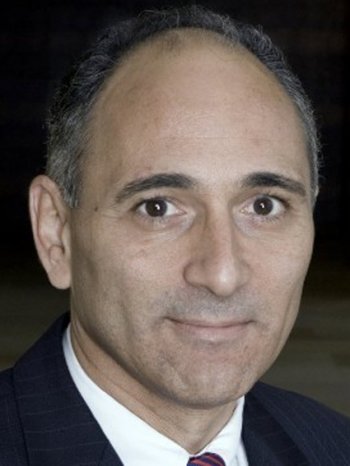Nine months after GlaxoSmithKline's ($GSK) bribery scandal first ignited a corruption hunt among Big Pharma companies in China, much of the hullabaloo has died down. With drugmakers--GSK excepted--returning to the strong emerging-markets growth they're accustomed to in the country, glass-half-full types see the scandal's accompanying sales hit as nothing more than a stumble on the market's upward sales climb.
As Sanofi ($SNY) external affairs director Bruno Gensburger put it to the Financial Times, the market "has never been normal, but it does seem to be more quiet now."
But as the FT reports, with kickbacks endemic in China's pharma sales culture, the corruption probe may not go away anytime soon.
As an unnamed former salesman for GSK in China told the FT, while his company's sales targets were perhaps more aggressive than those of its peers, when it came to using kickbacks to achieve those targets, "everyone was doing it, domestic and foreign."
"Our sales model was the same as other multinational drug companies in China: offering cash, meals or travel to low-paid doctors to encourage them to buy drugs," he told the paper. Meeting those targets scored reps a quarterly bonus of 17,000 yuan ($2,700), more than twice their 7,500-yuan base salary--already considered high by local standards. Doctor visits also upped the buck by 5,000 yuan per quarter. "You could even make up doctors that you didn't visit," he said.
While GSK called that behavior unethical and "completely unacceptable," it's not just sales reps who were complicit, the FT's source says. Doctors took 5% to 20% of a drug's value in kickbacks on industry average, he said, and he never encountered a doctor who refused a handout "unless they thought it was too little."
If pharma corruption is as widespread as that description suggests, China may have a lot more work to do if it plans to root it out. The country's government is currently still investigating GSK, accused of using travel agencies to funnel $489 million worth of bribes to Chinese doctors and healthcare professionals; some say China has sought to make an example of Glaxo in an effort to score lower prices for meds. (And score them it has, at least from GSK, whose emerging markets chief Abbas Hussein promised lowered costs as part of the company's apology.)
 |
| Novartis CEO Joseph Jimenez |
Drugmakers are working to ensure that their employees operate in good faith, too--to a point. While stressing his group's commitment to compliance, Novartis ($NVS) CEO Joe Jimenez told the Times, "We don't want to do anything that puts us at a competitive disadvantage."
And the toughest compliance programs won't work if canny employees choose to stray. AstraZeneca ($AZN) chief Pascal Soriot noted that while the British pharma is confident it has no systemic issues, "We can never be sure that all 6,000 of our employees there are going to behave perfectly."
Thrust into the spotlight, GlaxoSmithKline's response has so far been higher profile: In December, the company vowed to do away with individual sales quotas for reps in China in favor of a system that rewards salespeople for their product knowledge and improved patient care.
But while some, like drug industry adviser George Baeder, say the move could end up being a competitive advantage--it puts GSK on the right side of a global shift away from commission-based pay in pharma, he told the FT--others, like the paper's China source, are skeptical.
"Very few people will have an incentive to sell more," he said. "They can't be sure everyone else will work as hard as they do."
- see the FT story (sub. req.)
Special Reports: Top 10 Drugmakers in Emerging Markets - GSK | The top 10 pharma companies by 2013 revenue - GlaxoSmithKline